GIRLS SOCCER
BOYS SOCCER
VOLLEYBALL
TENNIS
EXACT Sports
EXACT Sports aims to empower youth athletes to be the best version of themselves. We're known for our Showcase Camps focusing on a positive environment, the tools and information they need to stand out during recruiting, and improving mental skill—both in game and in life. That's why we're the only camp to receive funding from both the NCAA and National Institute of Health. Over 70% of our athletes have gone on to play college sports.
BASEBALL
BASKETBALL
Football
SOFTBALL

EXACT sports
140 S. Dearborn
Chicago, IL 60603
NCAA Compliance
EXACT takes great care in ensuring compliance with NCAA rules. In accordance with NCAA rules, EXACT camps are open to any and all that would like to attend, but may limit attendance based on several factors, such as age, number, and grade level. Camp attendance at EXACT is never restricted by a camper's skill level or competitive experience.
More information on NCAA compliance can be found at https://exactsports.com/ncaa-compliant
